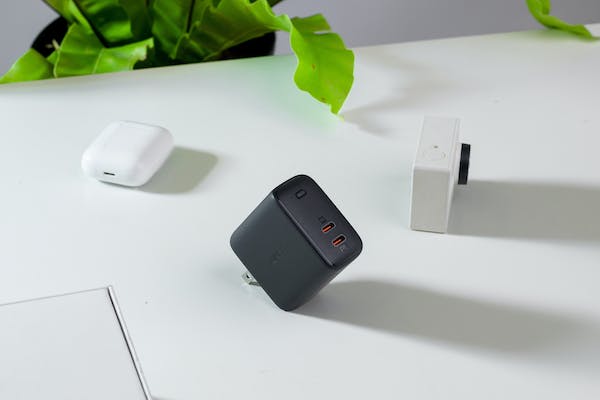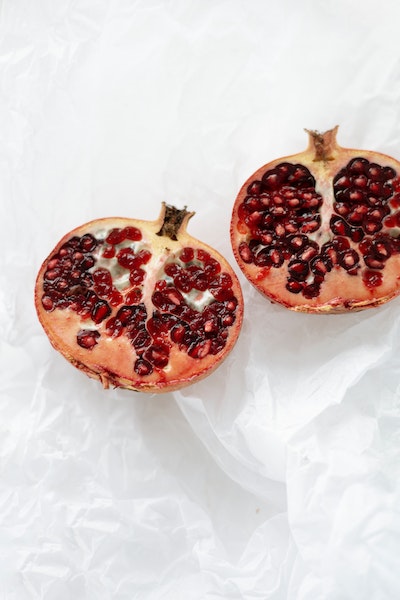
Easy Patterns in Rust: The Bridge Pattern
Introduction The Bridge pattern is a design pattern that is meant to “decouple an abstraction from its implementation...

Easy Patterns in Rust: The Adapter Pattern
Introduction The Adapter pattern is used to make one interface compatible with another. It allows objects with different,...

Effortless Resource Management: Easy Object Pooling in Rust
Introduction Sometimes, for reasons of efficiency, it can be quite handy to keep a pool, that is non-empty...

Design Patterns in Rust: Factory method, automating the factory
Introduction In this article I discussed the implementation of the Abstract Factory pattern. The Factory Method is simply an extension...

An easy way of implementing the Dependency Injection Pattern in Rust
Introduction Dependency Injection is simply said, the idea that your classes should depend on abstraction, i.e. the abstraction...

Easy Abstractions: Mastering Abstract Factory Design Pattern in Rust
Introduction The Abstract Factory Pattern is a way to group the creation of related objects, like products of...

Design Patterns in Rust: Easy container traversing using the Iterator
Introduction In Design Patterns, the Iterator is a way of traversing over a container, that is access each...

Design Patterns in Rust: Flyweight or go easy on your memory
Introduction The flyweight pattern is a pattern that helps minimize memory usage by sharing and reusing data. A...

Design Patterns in Rust: Chain of Responsibility: there is more than one way to do it
Introduction The Chain of Responsibility (CoC) pattern describes a chain of command/request receivers. The client has no idea...

Design Patterns in Rust: Singleton, a unique way of creating objects in a threadsafe way
Introduction The singleton pattern restricts the instantiation of a class to a single instance. The singleton pattern makes...